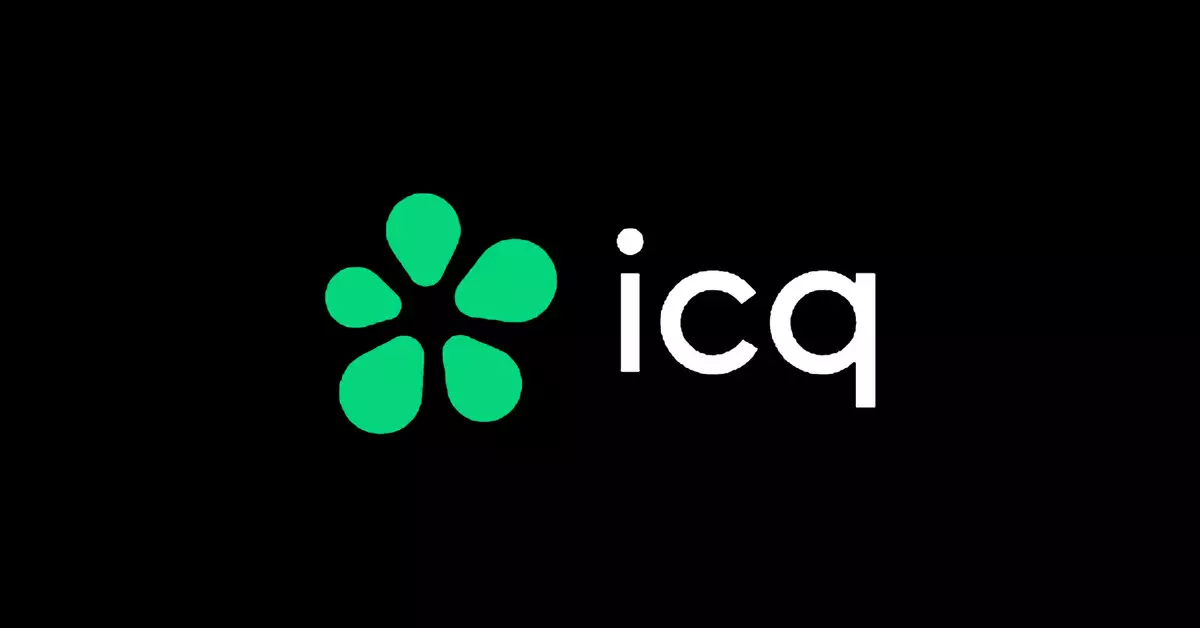It’s a sad day for those who remember the early days of instant messaging – ICQ, one of the pioneers of the industry, is finally shutting down. The Russian company VK, which has been responsible for the service since 2010, announced that ICQ will cease to function from June 26th. This news marks the end of an era for those who used ICQ to connect with friends and family in the pre-social media era.
ICQ, which was launched in 1996 by the Israeli company Mirabilis, quickly became one of the most popular instant messaging services of its time. With features like SMS messaging and the ability to message offline contacts, ICQ stood out from its competitors like AOL Instant Messenger and MSN Messenger. The iconic “Uh oh!” alert that accompanied incoming messages is still fondly remembered by many users.
At its peak, ICQ boasted 100 million registered users, making it a major player in the instant messaging market. However, after AOL acquired Mirabilis in 1998, ICQ’s fortunes began to decline. The service changed hands multiple times before ending up with Digital Sky Technologies, the parent company of VK, in 2010. Despite attempts to modernize ICQ and keep it relevant in the age of WhatsApp and Telegram, it seems that the service failed to keep up with the changing times.
With the demise of ICQ, we are reminded of the fast-paced nature of the tech industry. Newer, more advanced messaging apps have taken its place, offering features and functionalities that ICQ could not match. While we may feel nostalgic for the simpler times when ICQ was our go-to messaging service, we must also acknowledge the inevitability of progress and evolution in technology.
The end of ICQ marks the end of an era in the world of instant messaging. As we bid farewell to this iconic service, we look forward to the future of communication technology and the innovations that lie ahead. So long, ICQ, and thanks for the memories.


Leave a Reply